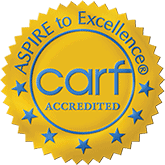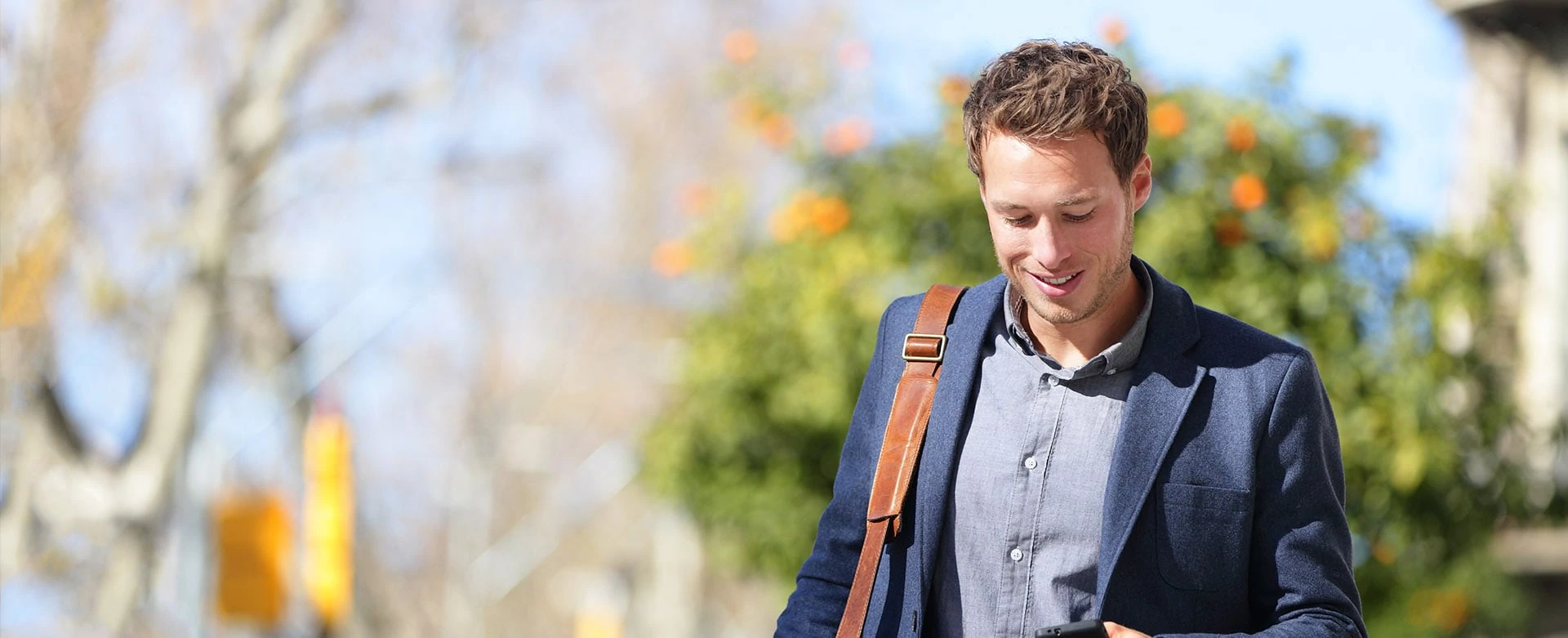Frequently Asked Questions
By The Sea Recovery sober living San Diego sets the standard in sober living and recovery housing for men by offering the nation’s first all-employed and scholar enrolled sober residence. Not only does our prime sober house guide each through our signature job support and mock interview process, but enjoy a social model where senior residents share the hope of having experienced a job raise, transfer to a community college and/or transition smoothly into a living condition with another sober member in our community.
Secondly, By The Sea Recovery sober living has CPR, First Aid, Narcan certified and National Association of Recovery Residences & California Consortium of Addiction Programs and Professionals approved with live-in management. No new resident will ever be or feel alone. Finally, our space is not only aesthetic, but we take care of our surroundings as a family with some of the highest quality furniture, beddings, pans, glasses and utensils (not to mention our herb garden and patio), treating each other like responsible men.
We offer a complete lab certified 14 panel UA (urinalysis of 14 drug families including synthetics) as well as random morning and evening DOT (department of transportation) approved breathalyzer techniques. We use a fuel cell breathalyzer that, unlike low cost conductor breathalyzers, is accurate and non invasive. These drug test costs cannot replace the safety and peaceful atmosphere we have created. For our new sober living residents, it is not uncommon for us to test daily to reaffirm our mission of creating a space of safety. The peace and tranquility created by often, not random drug testing, is unparalleled.
We suggest that for the first 30 days, family give space for the sober living resident to become embraced by his new social circle. Calling, texting, and/or continuing to be in touch often through other means could interrupt the process of acclimatization to the mentorship and social model process and leadership. We cannot enforce such interaction, but we ask family to be aware that substance use disorders can interfere with family dynamics.
We highly recommend alanon or 12 step groups for family members, addiction counseling, therapy and any other educational mean (we highly recommend reading ‘Clean’ by David Scheff) to understand addiction and the recovery process as a family, not only from the loved one’s perspective). After the first 30 days, you may wish to have your loved one have an overnight with direct family, an opportunity when, if ready, can experience a space to engage and measure the progress.
We cannot overemphasize the importance of having a counselor and/or therapist to provide guidance in the interaction and dynamic of the family in early recovery. Every family is different, and the relationship with every member is unique. Please contact a counselor or therapist in your area specialized in addiction for the appropriate assessment.
Based on research and experience, an extended stay at a sober house is the beginning to a stable sleep/wake cycle pattern, social cohesion and above all well being and a foundation for long-term recovery. Sober living homes where people come in and out without commitment lack the continuity, stability, mentorship and development that a sober home with such structure can add to the support of newer residents. After experiencing part-time work, job raises and new levels of independence with a salary, senior residents convey a level of inspiration to those who arrive that is priceless.
To include a chef and a maid at our sober house would be to not only enable, but to continue to treat an adult as a child. In the ‘real world’, few of us have these services. To transition from this level to independence is to prepare them for failure. Part of our emphasis is to support the men at our sober home with resume creation, job applications and scholar reintegration support.
We are the nation’s first sober living San Diego home providing an all-employed sober house and with that standard, it is easy for the mentoring of senior residents to occur, not only in both budgeting and cooking, but in the inspiring process of transition of both buying groceries and becoming accountable for their meals. It is our experience that an average of $300-$400 in food a month is enough to begin. This process of negotiation can begin with accountability of receipts (we highly recommend consulting a therapist and/or counselor in order to explore previous family interaction and dynamics, finances, etc.). With a part time job, it is easy for a resident to be able to pay for his meals by month 2 of his residence at By The Sea Recovery sober living San Diego.
Once a resident is in month 4, it is not uncommon to be able to pay approximately half of the expenses and can contribute to their family or move with a roommate from our sober home to a space with the same level of standards. This is but a recommendation, for nothing can replace the professional assessment and support of a counselor and/or therapist to help the family come to this agreement. Please see our sober house contact list for resources.
Why Choose By The Sea Recovery?
Experienced Professionals:
By the Sea Recovery is frequently visited by staff and the owner himself to ensure our environment remains safe and secure for our residents. We all work a program of long-term recovery to promote an environment of positive reinforcement through action.Location:
With over 100’s of support groups a week, North County San Diego provides on of the country’s top recovery communities with opportunities ranging from entry level jobs and multiple Educational Institutions to Recreational and Leisure ActivitiesCredentialed:
Members of the Society for Addiction Recovery Residences, the California Consortium of Addiction Professionals, and San Diego Society of Addiction Professionals, By The Sea Recovery goes beyond the standards of San Diego recovery home requirements to set a benchmark in sober living environments and quality of care.Safety:
Supervised. Drug testing. Peer oriented and client centered. We made sure safety and cleanliness were a foundation for recovery to attend every client’s healing, journey and blossoming.


